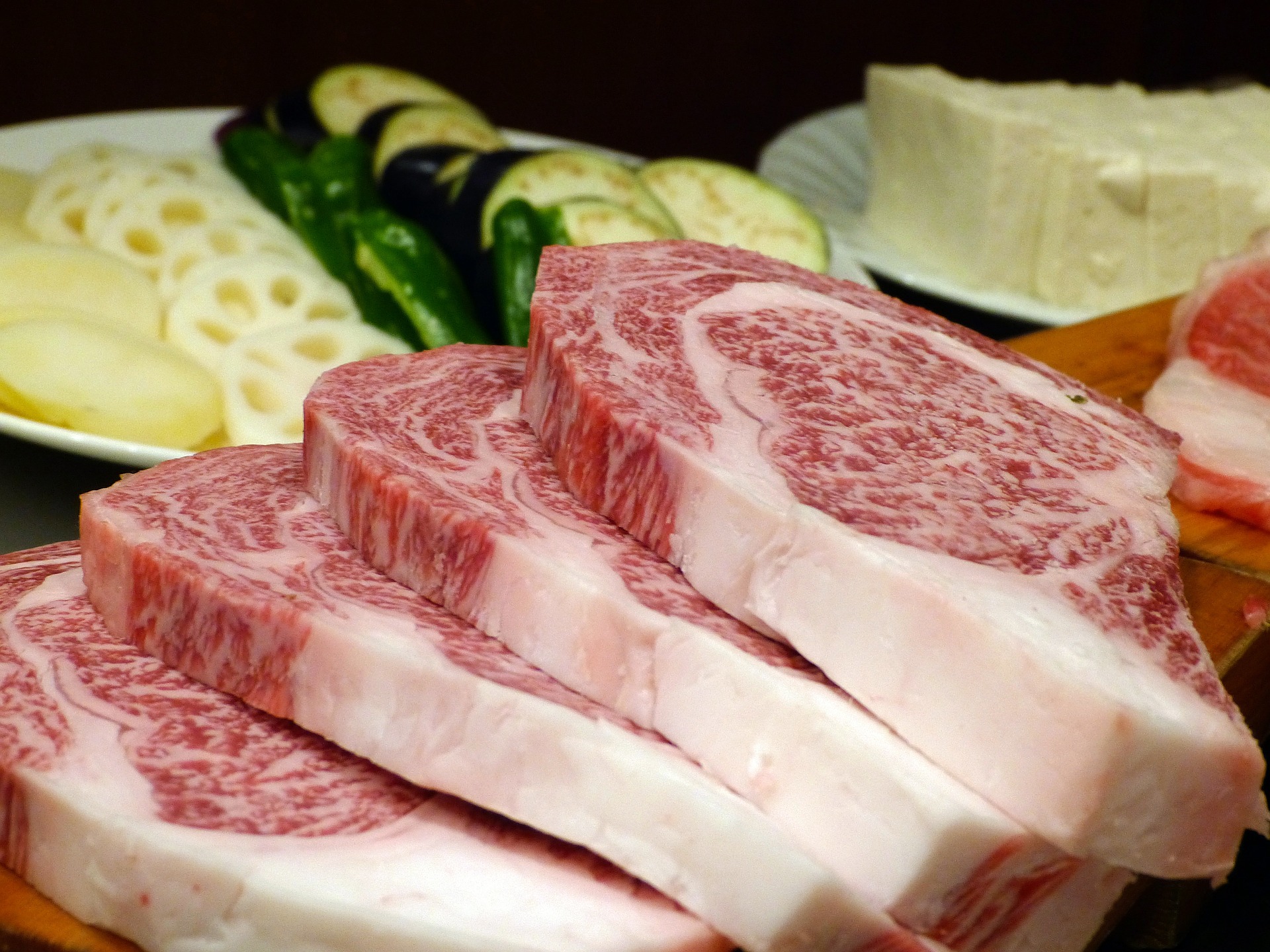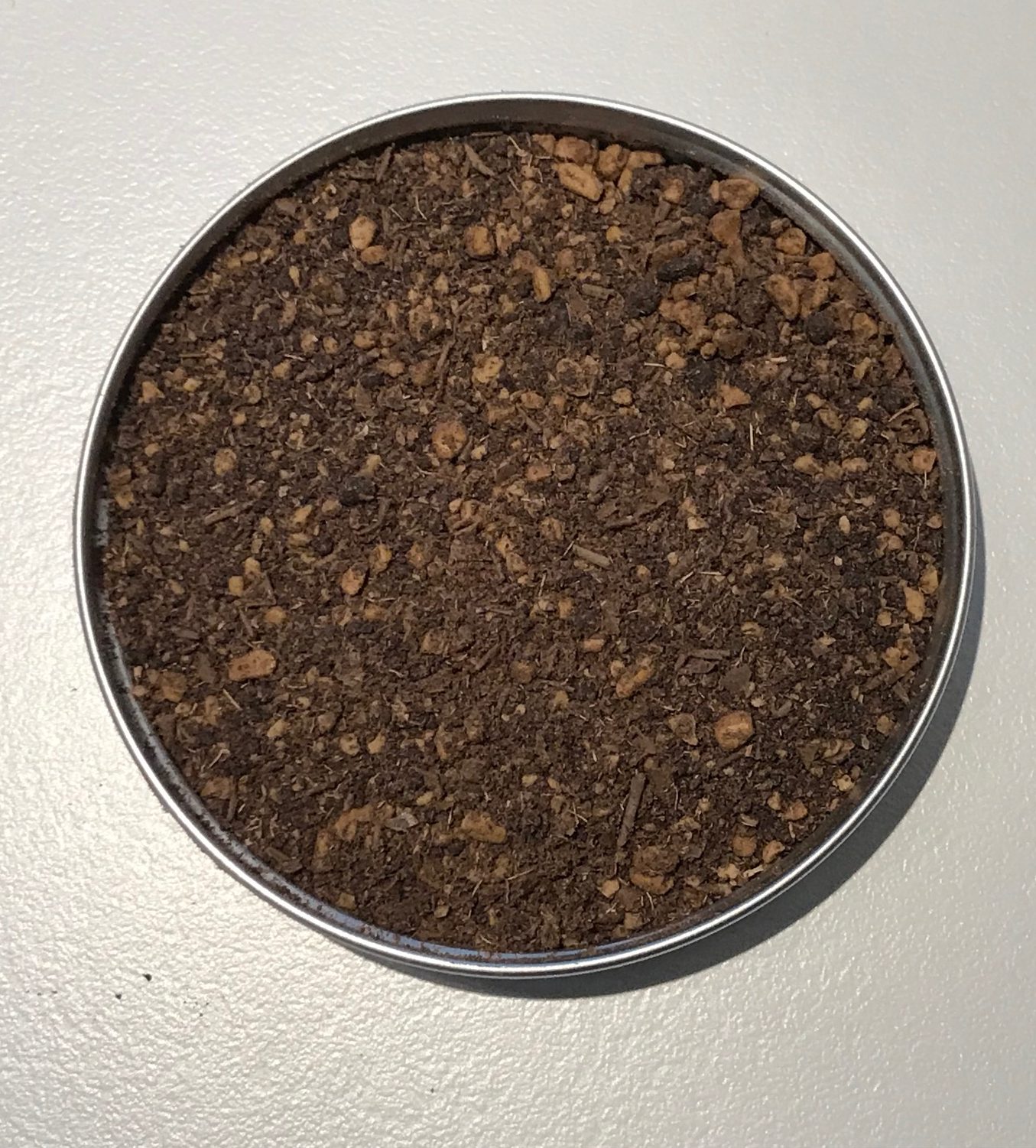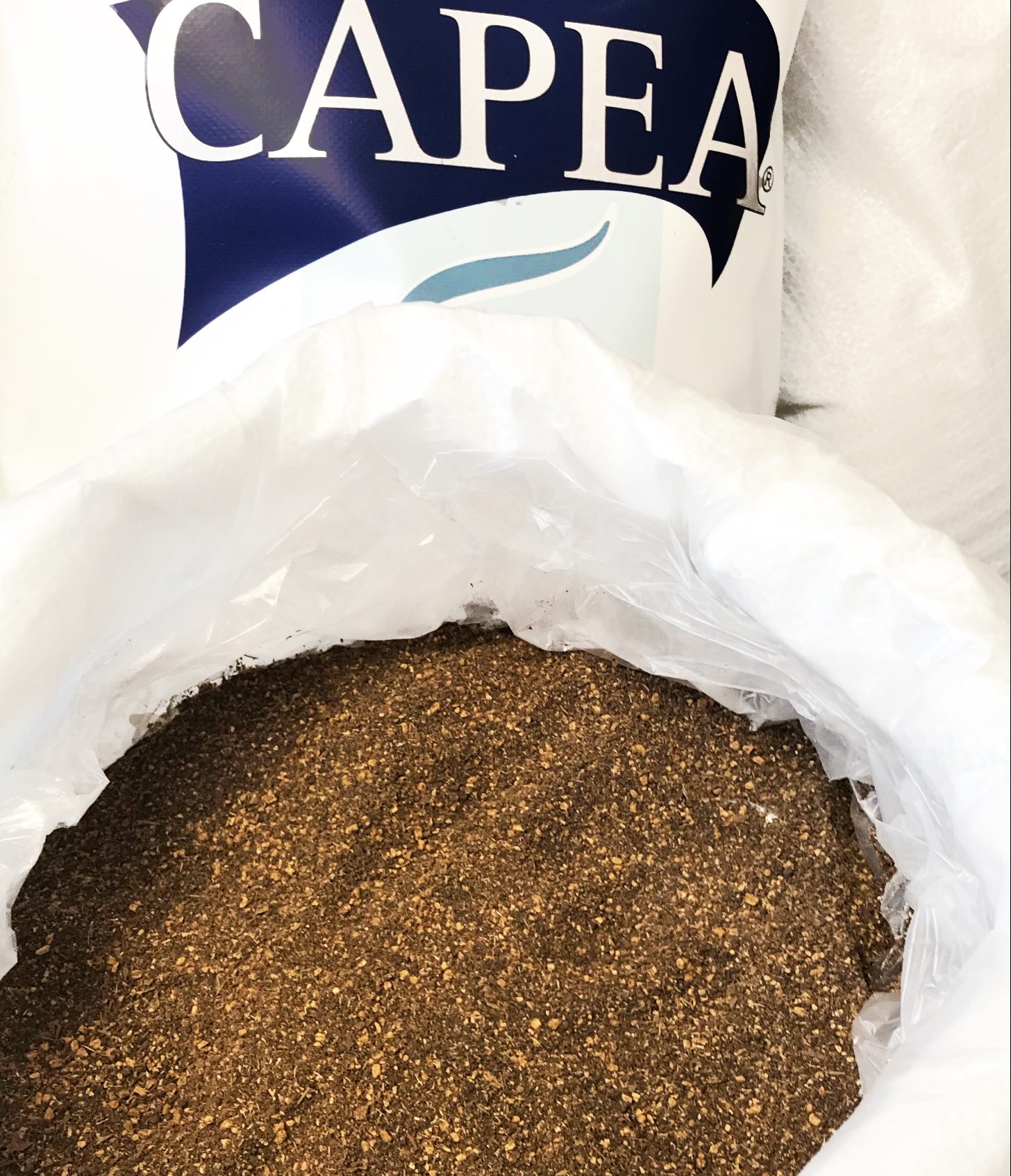OLIVE FEED
For decades Mediterranean countries have tried to use the by-products of olive oil production as animal feed.
Anyone who travels through the traditionally farmed fincas can see that bulls, cattle and pigs feed on olives and olive leaves from time to time. However, too much olives and leaves are difficult to digest and lead to problems.
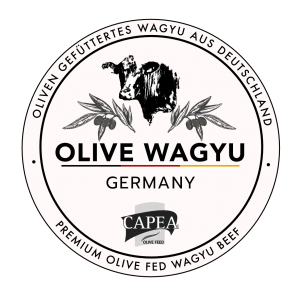
Pienso de Aceituna / Olive pomace cattle fodder
Pienso de Aceituna (Orujo) is the name given in Spain to animal feed made from inferior olive pomace. This Orujo has a high residual moisture, is oxidative and does not last long. It is difficult to digest and is only used regionally if there is not enough pasture grass available.
Due to the difficult digestibility, the oxidation problems and the high proportion of liquid Alperujos, a pure "olive pomace cake" is not a product that can be successfully used as animal feed. Either as an alternative to soya cake or rapeseed cake.
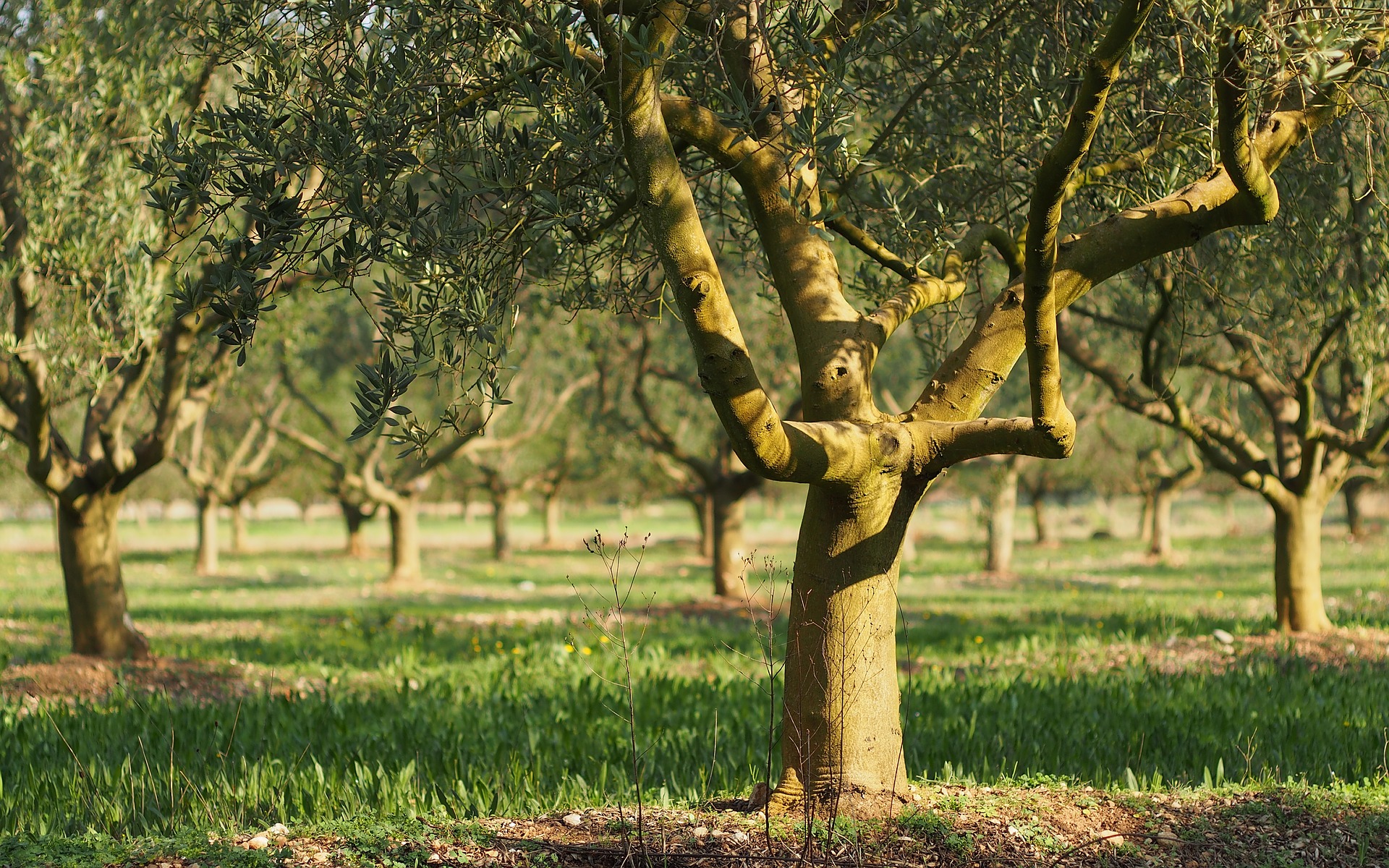
Olive Food / Quality
For Olive Feed, the raw product and processing are the key. Olives differ considerably in their composition. The oil content and the polyphenol content of the olives have a great influence on the nutritional value of the olive feed. The olives must be sorted and processed according to their origin. Only certain types of olives are suitable for the production of olive fodder. The humidity has to be reduced under a given temperature control, remaining kernels and kernel fragments as well as other solid components have to be removed. Only the mesocarp and the exocarp of the olive are used for CAPEA NATURAL OLIVE FEED.O L I V E F E E D
Capea Olive Feed - Production
• A high quality olive feed has been developed.
• The separation and processing of the raw material to obtain the olive feed is complex.
• The raw material is decisive for the quality of the olive fodder.
• Only the mesocarp and exocarp of the olive are processed into olive fodder to ensure good digestibility.
• The valuable ingredients are thus best bioavailable.
• Capea Olive Fodder Extra is especially suitable for Iberico pigs.
• Technology based and enhanced for Wagyu cattle.
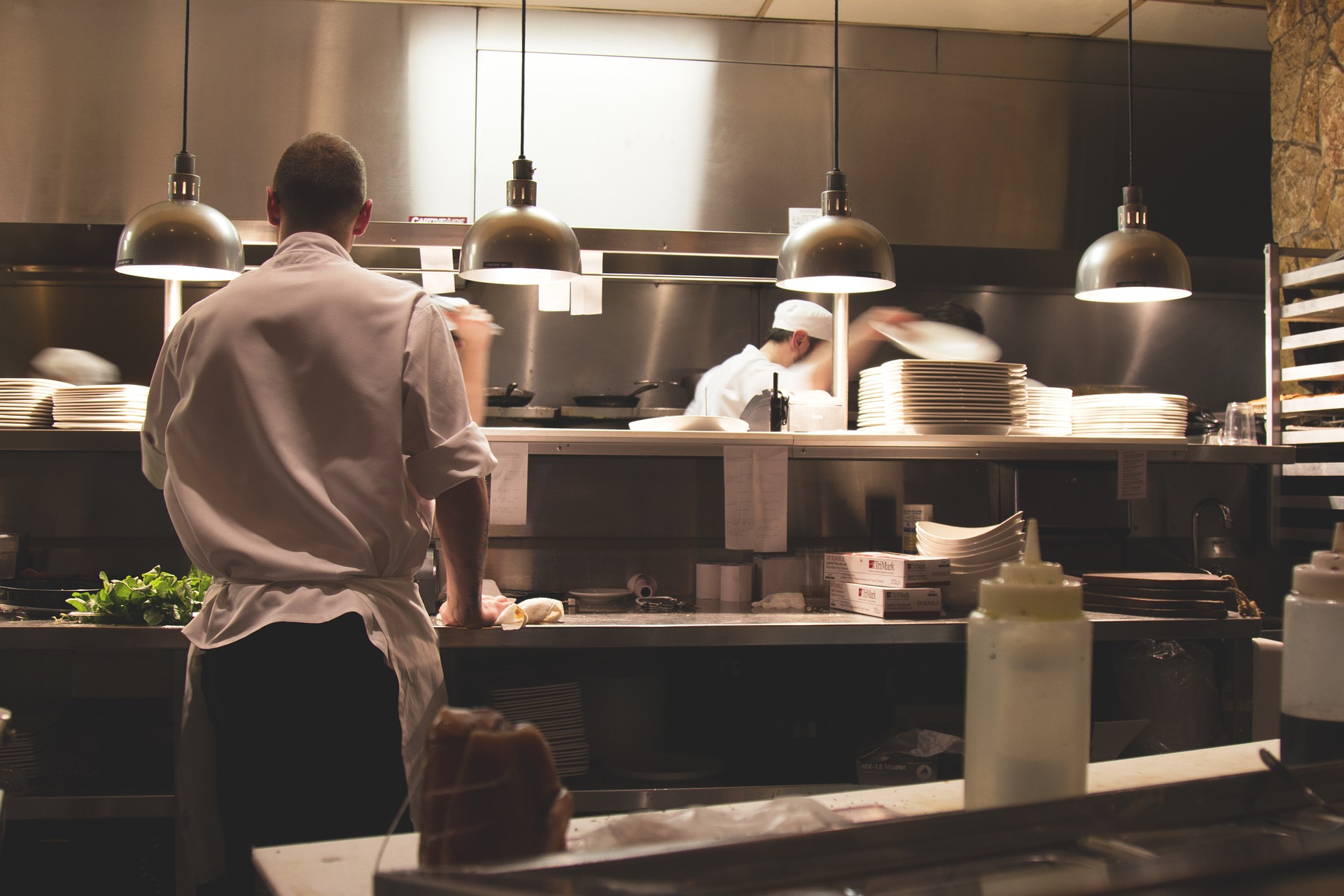
Olive feed and the impact on the quality of meat
Use our olive feed "Capea Natural Olive Feed Extra" or "Capea Natural Olive Feed" in a low percentage ratio as supplementary feed, it will achieve significant improvements in meat quality.
The value of monounsaturated fatty acids in meat increases considerably, the proportion of glutamic acid increases and the proportion of oleic acid and carnosine also increases significantly.
Animal welfare is improved, polyphenols reduce oxidative stress and improve the performance of livestock.
The taste, texture and colour of the meat are demonstrably improved. Especially in Wagyu cattle or fat-rich meat, the effect is enhanced.
The meat is rich in unsaturated fatty acids and omega 3, making it more digestible and easier to digest.
Olive feed / Origin / We are on site!
As a German-Spanish company with our own production in Andalusia, Spain. We rely on the know-how on site. Spain is the largest olive oil producer in the world. With a market share of over 60%. The Instituto de la Grasa in Sevilla is an internationally renowned research institute for olive oil and olives in general.
Our "Capea Natural Olive Feed", produced in Andalusia, is a natural animal feed additive that convinces with its results.
The monitoring of a consistently high quality is guaranteed by implemented production standards and regular analyses by certified laboratories.
Olive-fed beef
Umami - texture - glutamic acids - antioxidants
Japanese Wagyu breeders on Shodoshima rely mainly on olive feed in the final fattening of their Wagyu cattle (Kobe cattle). This is produced purposefully and elaborately with Japanese olives.
The fat content of the meat is extremely high from a European point of view. The cattle may hardly move. Feeding with Olive Feed improves the ratio of fatty acids, texture and sensory properties.
Olive-Fed Beef is a delicacy in Japan, the USA and countries like Dubai. It is offered in the best restaurants in the world.
Olives Wagyu has a stronger Umami taste, thanks to the higher percentage of glutamic acids and peptides. It contains significantly more healthy oleic acid and antioxidants, especially more Carnosine and Anserine.
Olive feed is used for the period of 4-6 months for the final fattening.
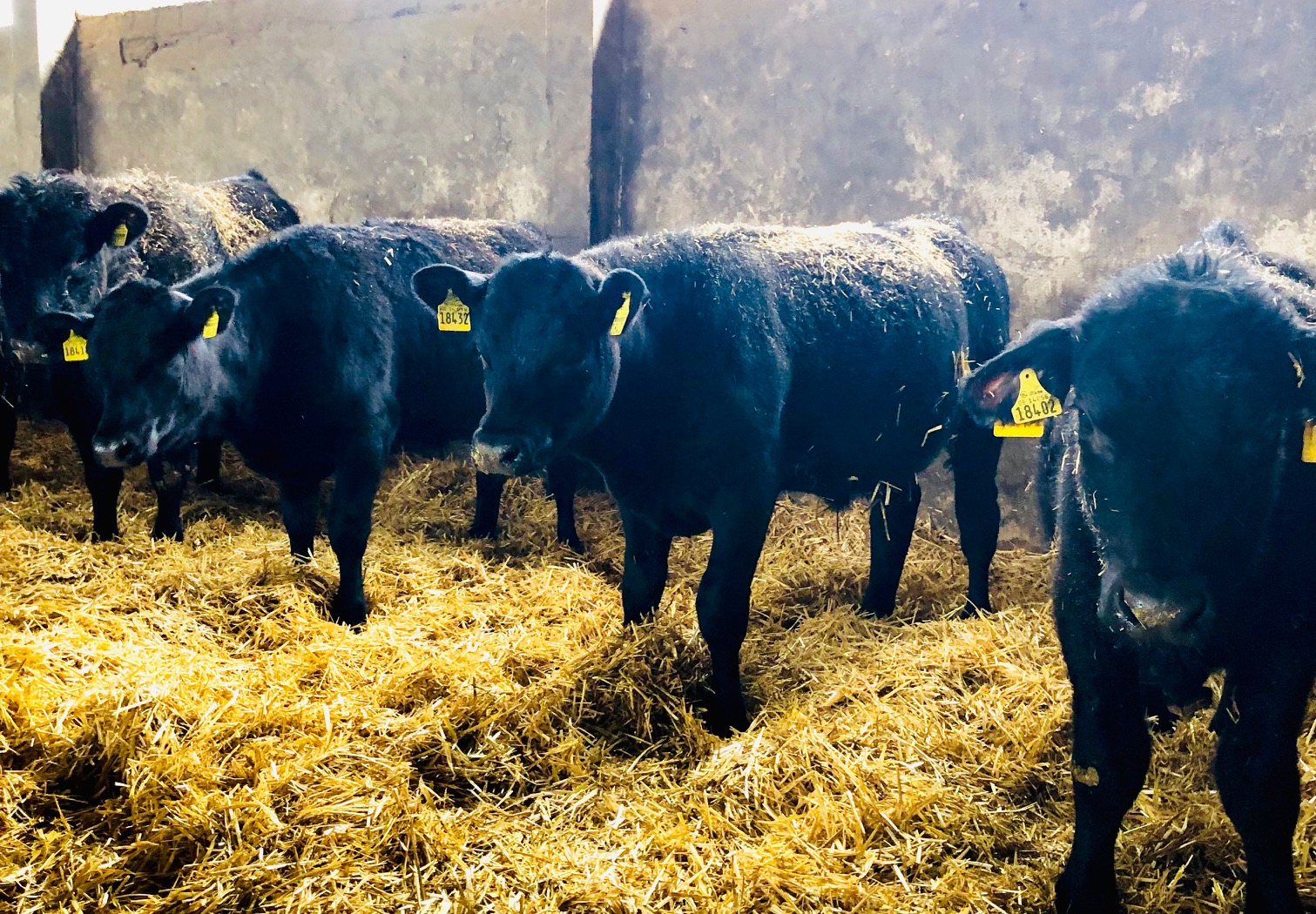
Wagyu cattle breeding in Germany
Germany has the largest stock of Wagyu cattle in Europe. The Wagyu meat from Europe is less rich in fat than Japanese Wagyu and generally does not reach a marbling value of 12 on the BMS scale (Beef Marbling Standard).
Improvement of the meat quality by Capea olive feed nature
The Wagyur cattle have more run out and therefore have less fat. The fat colour, texture and gloss according to BFS (Beef Colour Standard) can be improved with Capea Natural Olive Feed.
However, especially for breeds like Wagyu, the additional feeding of olive feed improves the quality of the meat. In every respect, i.e. taste, as well as nutritional values and texture.
Animal welfare and the stable climate also improve. Feeding Capea Natural Olive Feed also makes sense with other cattle breeds.
The ratio of saturated to unsaturated fatty acids is also positively influenced here. The nutritional value increases. The texture and digestibility of the meat also improves here.
Capea olive feed nature is used in particular for the final fattening.
______________
blog. alisa GmbH. Capea Olive Feed. 02.2019

